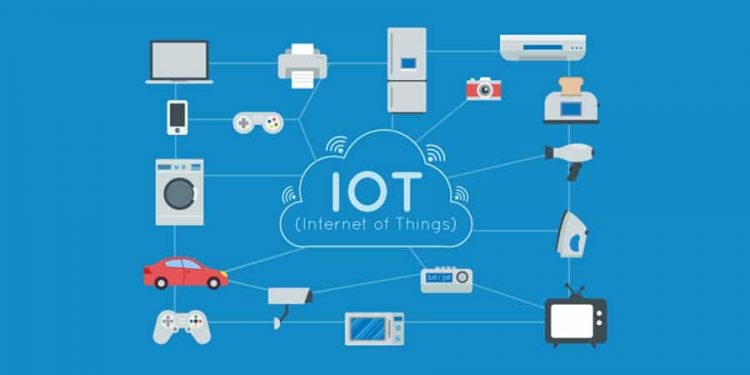Cloud-based IoT has become the next major healthcare industry leap after EHR adoption. Now, patients enjoy 24/7 access to affordable remote health monitoring. On the other side, health professionals can be more watchful using real-time data from wearables. It’s a win-win case since both parties contribute to a better quality of care.
As a healthcare software development provider, Empeek knows the value of IoT devices in healthcare. This brief overview explains what healthcare IoT platforms are the most effective today and how they shape the field.
Top Trending IoT Devices in Healthcare
IoT (Internet of Things) incorporates physical devices with integrated sensors, processing abilities, and software that enable automated data collection and exchange. Google Home Voice Controller is the most renowned IoT device for regular use, but the healthcare industry also has dozens of outstanding IoT applications for patient monitoring.
The top solutions with IoT in medical devices include:
- Remote patient monitoring
- Smart labs
- Depression and mood monitoring
- IoT-enabled asthma management
- Smart implants
Here are some more details about these devices and how they transform the healthcare field.
Remote Patient Monitoring
Remote patient monitoring devices are usually wearable and don’t restrict users’ lives. They collect patients’ health indicators like blood pressure or temperature and automatically transmit them to the system enabling medical teams to control the condition. Hence, people can remain at home and follow their routines instead of staying at the hospital.
Glucose and heart-rate tracking devices are typical examples of such healthcare IoT platforms. They leverage sensors to capture changes in body activities and interpret them. When the indicators deviate from the norm, medical teams get instant alerts. Reliable data allows them to take preventive steps and select the most suitable medicines.
Smart labs
Medical laboratories adopt smart devices for faster medical analyses and comprehensive health system integration. Hardware sensors, gauges, and data transmitters connect in-lab IoT devices to the Internet through specialized software. This way, every result is quickly transmitted to the EHR. Besides easy data management, smart labs facilitate equipment maintenance and provide multi-level control of all in-lab processes. It allows laboratories to optimize resources and enhance performance.
Depression and Mood Monitoring
As the depression rates keep growing globally, IoT healthcare companies start developing smart solutions for mental health management. Since mood swings are accompanied by physical changes, IoT is a way to track them. Apart from depression, smart devices can help with sleep problems or panic attacks. One example is a wristband that captures bodily changes to notify the user about an approaching panic episode. The person can avoid or alleviate it by following self-calming instructions.
Using such devices reduces mental health professionals’ load and makes patients more independent. They can handle mild cases on their own and ask for help only when necessary.
IoT-enabled Asthma Management
Asthma and COPD seizures often come unexpectedly, leaving the person disoriented. IoT inhalers can help in such circumstances. They monitor environmental factors causing an attack to inform patients and their medical teams about possible ways to manage asthma. With these details, clinicians can offer better-tailored prescriptions and treatment.
Smart Implants
Implants are the last word in the IoT in medical devices. These tiny gadgets with diagnostic capabilities track physical metrics from inside the body. Applied in surgery, dentistry, orthopedics, and many other fields, they provide doctors with accurate data clinicians wouldn’t get otherwise. Although the cost of these devices is still relatively high, their advantages are outstanding. Soon, they may even allow clinicians to treat incurable health issues. In particular, based on recent research, implants may be able to cure brain dysfunctions like schizophrenia.
Why Invest in Healthcare IoT Platforms
If you doubt whether becoming a healthcare IoT platform investor is a good idea, you must know it is. Although certain risks are involved (like with any other investment), the benefits outweigh them. To be more precise, by developing IoT healthcare services, a software provider can:
- Join a steadily growing market expected to reach $320 billion by 2027.
- Outperform competitors by offering more advanced solutions.
- Be among the first healthcare IoT adopters to gain the largest market niche.
- Contribute to improved quality of healthcare services.
IoT in hospitals also benefits healthcare providers by making internal operations more efficient. As many processes become automated, medical teams focus on more critical activities that require human effort. They also obtain more accurate and relevant data on patient health for treatment customization.
Thus, IoT devices in healthcare are the next stage of healthcare evolution. They fulfill the desire of patients to be independent and allow providers to serve more people without sacrificing quality. Anyone considering investing in health technology should view IoT as one of the top options.
Follow Techdee for more!




